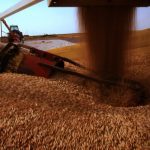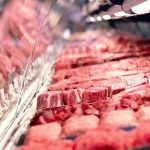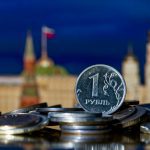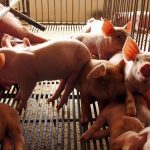Ukraine and Russia produce a substantial amount of grain and other food for export. Ukraine alone produces a whopping six per cent of all food calories traded in the international market. At least it used to, before it was invaded by the world’s largest nuclear power. Russia, meanwhile, is the world’s largest exporter of wheat,












